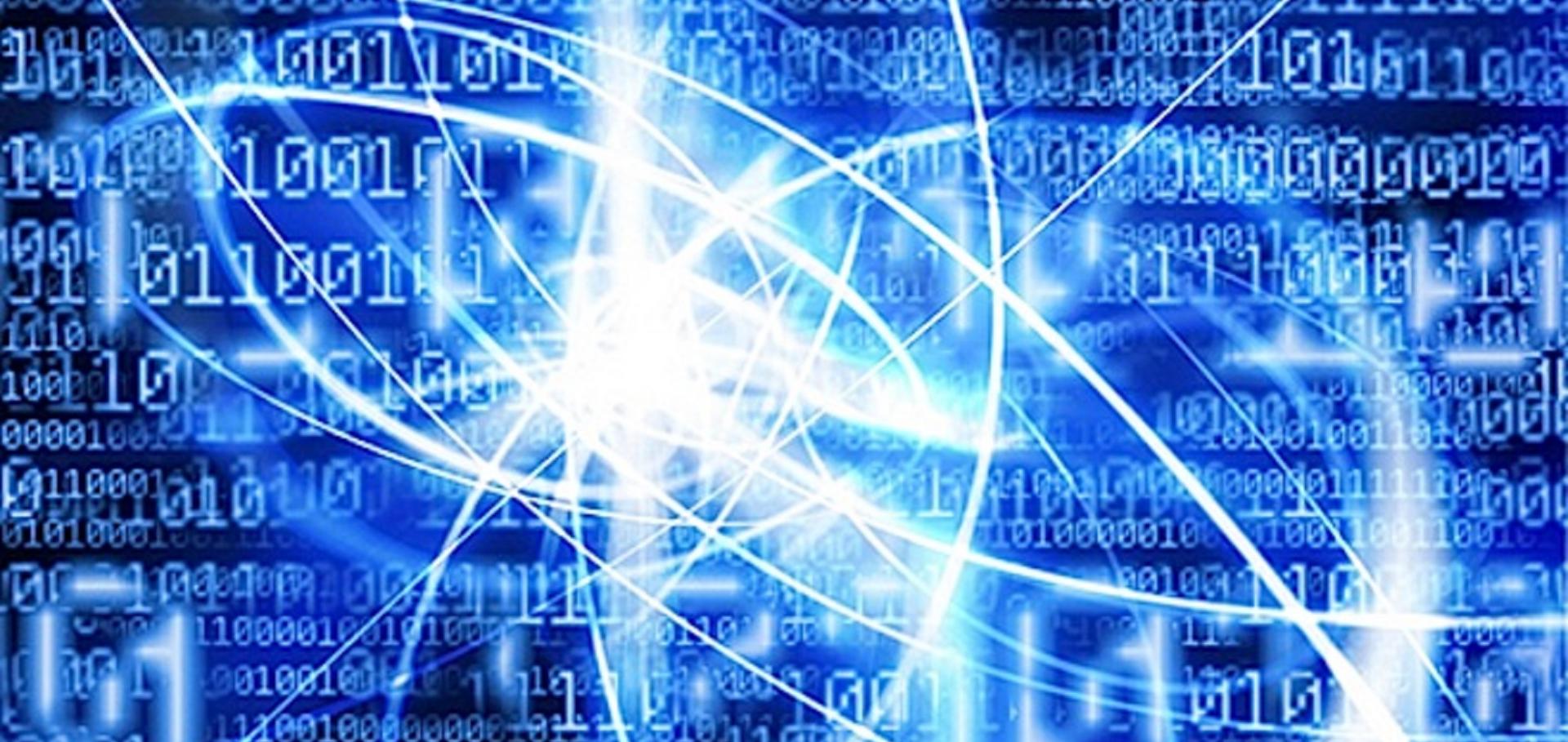Logic gateway
Nature Springer Nature 422:6930 (2003) 387-388
Extracting Entropy from Quantum Computers
Annales Henri Poincare 4:SUPPL. 2 (2003)
Abstract:
Quantum error correction (QEC) and fault tolerant quantum computing are introduced. The basic theory of an important class of quantum error correcting codes, the stabilizer codes, is given. Fault tolerance is described very briefly. The whole fault-tolerant correction process can usefully be described in thermodynamic language, as a special form of heat engine which extracts entropy from a collection of qubits without fully measuring their state. QEC is useful both for stabilizing quantum computers and for detecting small many-body correlated effects which would otherwise be swamped by (uncorrelated) noise.Fast quantum logic by selective displacement of hot trapped ions
Physical Review A - Atomic, Molecular, and Optical Physics 67:6 (2003) 623181-6231819
Abstract:
A report on the fast quantum logic by selective displacement of hot trapped ions was presented in the article. The effect of imperfections in a pair of π pulses which are used to implement a 'spin echo' to cancel correlated errors was also analyzed. It was found that whereas the pushing gate is not as resistant to imperfection as was supposed, it remains a significant candidate for ion trap quantum computing since it does not require ground state cooling.Extracting Entropy from Quantum Computers
Chapter in International Conference on Theoretical Physics, Springer Nature (2003) 799-809


